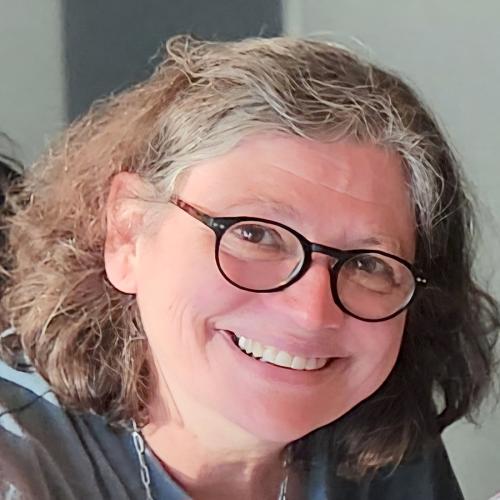Associate Professor Kathryn La Barre has been invited by the Knowledge Organization Research Group (KOrg) to work with doctoral students and faculty in the School of Information Studies at the University of Wisconsin, Milwaukee. On November 10, she will deliver an invited talk titled, "Interrogating Facet Theory: Decolonizing KO," which will address the following:
Current online search and discovery systems instantiate search filters (often called facets) to intuitively support searchers as they refine queries and review result sets. Facet analytical theory was promoted by S.R. Ranganathan as a reaction against earlier approaches to knowledge organization, such as the Dewey Decimal Classification, that consider knowledge as an integral whole that can be divided into smaller and more discrete units in a "top down," or "genus to species mapping." Facet theory instead provides a bottom-up map of knowledge that relies on individual terms or concepts and interrelations between and among these units, thereby providing a logical, predictable search and discovery structure. While facets were originally conceived as a way to create mutable, responsive search experiences that break through hierarchical structures, the neoliberal approach to facets reflected in online search and discovery systems imposes unnecessary constraints, and misinterprets facet theory. This talk will address questions of how facet theory has been assimilated by neoliberal forces in higher education and ways in which the theory may instead provide a pathway for identities, experiences, constructs, and structures to subvert the dominant discourse.
"This invitation allows me to continue my work with the faculty and doctoral students who are affiliated with KOrg at the School of Information Studies," said La Barre. "The work of this group 'facilitates the discovery and development of knowledge in the field of knowledge organization.' Part of their mission is to promote interinstitutional, interdisciplinary, and international approaches to knowledge organization. I'm honored that my talk will be part of a series of KOrg lectures given by established researchers including Jane Greenberg, Lynne Howarth, and Andrea Scharnhorst."
La Barre is an expert in contemporary and historical knowledge organization and access systems. Her areas of focus include task analysis, facet analysis, faceted classification, and concept theory. Her research has been published in the Journal of the American Society for Information Science and Technology (JASIST), the Annual Review of Information Science and Technology, Library Trends, Knowledge Organization, Libraries and the Cultural Record, and Cataloging and Classification Quarterly. In 2011, she was named the School's Centennial Scholar in recognition of her outstanding accomplishments in the field of library and information science.
At the iSchool, La Barre teaches courses in information organization and access. This spring she will teach Naming and Power (LIS 590NP), an advanced topics seminar in subject access open to master's and doctoral students focusing on representation in race, gender, sexuality, and other contested categories. Critical intersections of bias, exclusion, and marginalization will be explored through a variety of case studies and critical theories. For more information, please email klabarre@illinois.edu.
